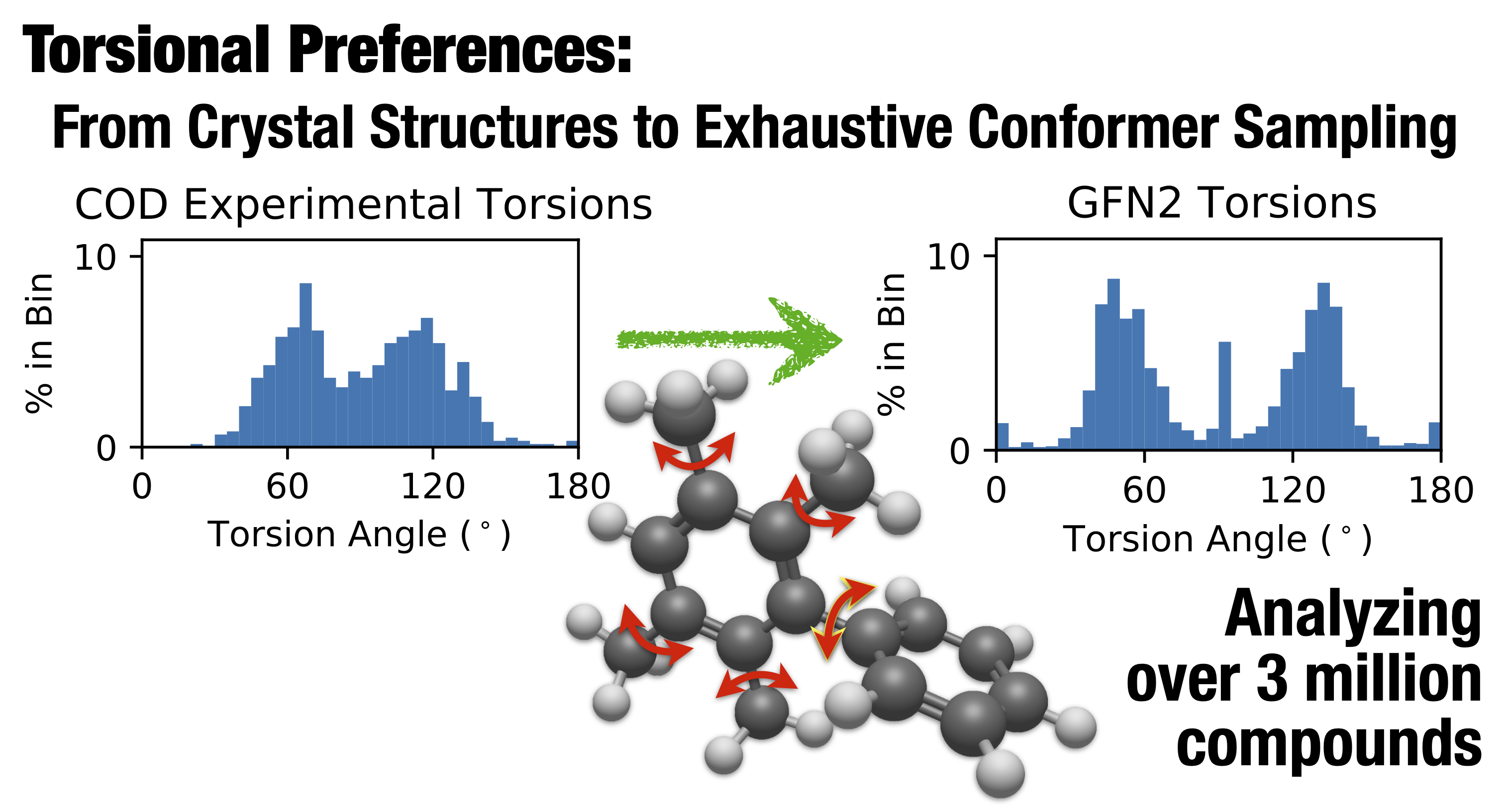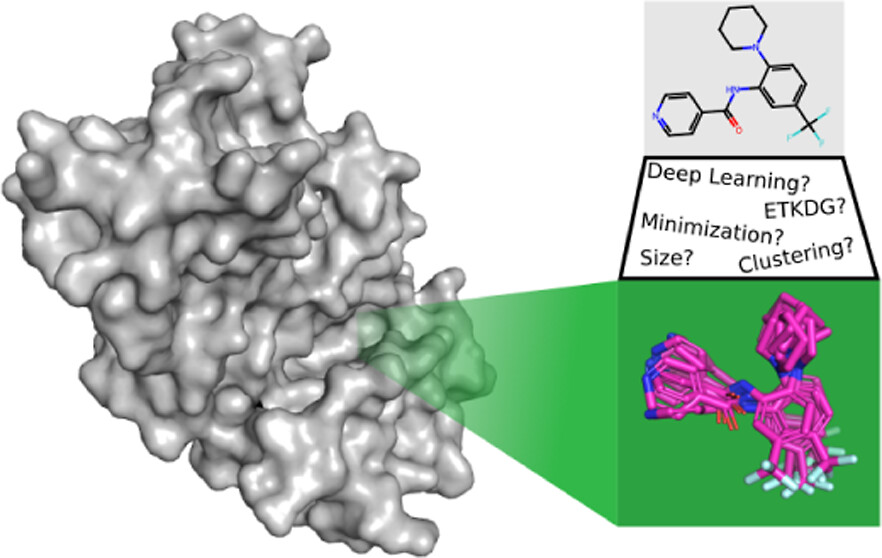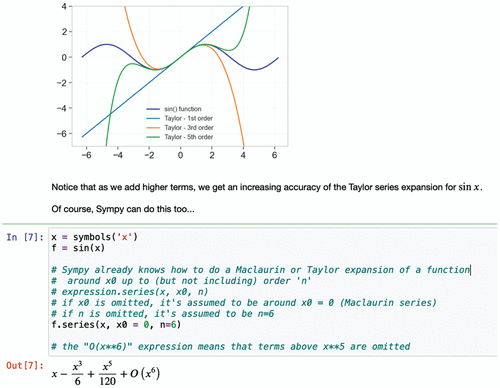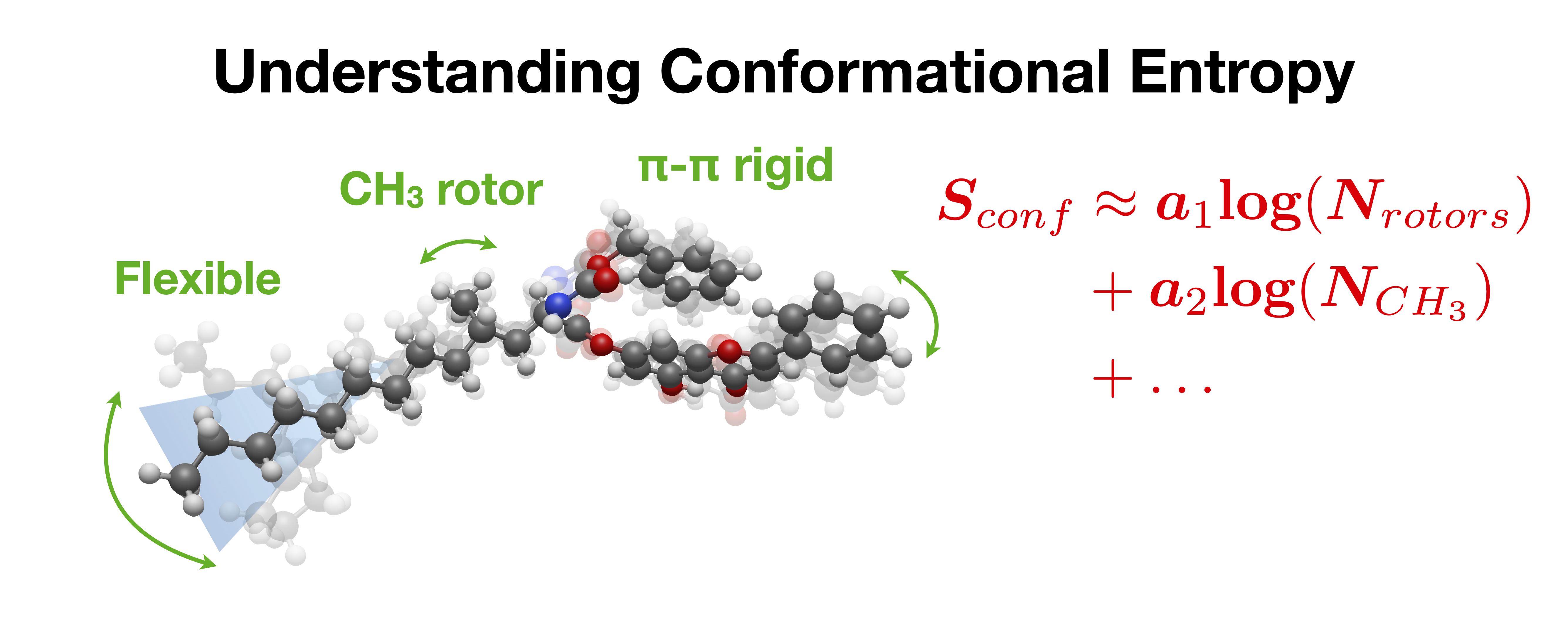Open Source Science
Since our group combines theoretical modeling and experiment, we believe strongly in sharing our simulation codes and other programs we develop internally. We are also involved in development of several open chemistry tools. We use these to facilitate our research and provide them as a benefit to the community in the hopes that others may find them useful. (We also hope that others may contribute changes to these programs back to the community as well.)
We firmly believe that the scientific method requires reproducibility of results. In the case of computational tools, this means that data and tools must be available for others to use. As such, we believe that generally, open source code is in the spirit of the overall scientific community. All of the tools created by our group are provided under open source licensing.
Open Babel
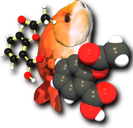 Open Babel is an open chemistry toolbox, designed to speak the many languages of chemical data. It’s an open, collaborative project, allowing anyone to search, convert, analyze, or store data from molecular modeling, chemistry, biochemistry, or related areas.
Open Babel is an open chemistry toolbox, designed to speak the many languages of chemical data. It’s an open, collaborative project, allowing anyone to search, convert, analyze, or store data from molecular modeling, chemistry, biochemistry, or related areas.
Put simply, Open Babel makes developing a range of chemistry software extremely easy.
Avogadro
 Avogadro is an advanced molecular editor/builder and visualization tool. It is intended to be flexible and extendable. “Everything is a plugin.” Avogadro offers a range of features including cross-platform use (Windows, Mac, Linux) in computational chemistry, molecular modeling, bioinformatics, materials science, etc. It offers a flexible rendering system and plugin architecture to add unique tools and analysis methods.
Avogadro is an advanced molecular editor/builder and visualization tool. It is intended to be flexible and extendable. “Everything is a plugin.” Avogadro offers a range of features including cross-platform use (Windows, Mac, Linux) in computational chemistry, molecular modeling, bioinformatics, materials science, etc. It offers a flexible rendering system and plugin architecture to add unique tools and analysis methods.
After starting at Pitt, Avogadro has been downloaded over 1,000,000 times worldwide, and has been translated into over 25 foreign languages.
We are currently working with collaborators on the next generation of Avogadro v2. Stay tuned.
Recent Publications:
Systematic Comparison of Experimental Crystallographic Geometries and Gas-Phase Computed Conformers for Torsion Preferences
Dakota Folmsbee, David Koes, Geoffrey Hutchison. “Systematic Comparison of Experimental Crystallographic Geometries and Gas-Phase Computed Conformers for Tor...
Conformer Generation for Structure-Based Drug Design: How Many and How Good?
Andrew T. McNutt, Fatimah Bisiriyu, Sophia Song, Ananya Vyas, Geoffrey R. Hutchison, and David Ryan Koes. “Conformer Generation for Structure-Based Drug Desi...
Integrating Python into an Undergraduate Mathematics for Chemists Course
Geoffrey R. Hutchison. “Integrating Python into an Undergraduate Mathematics for Chemists Course” Teaching Programming across the Chemistry Curriculum, Chap...
Understanding Conformational Entropy in Small Molecules
Leung Sing Chan, Garrett Morris, Geoffrey R. Hutchison. “Understanding Conformational Entropy in Small Molecules” J. Chem. Theory Comput. 2021, 17, 4, 2099–...
